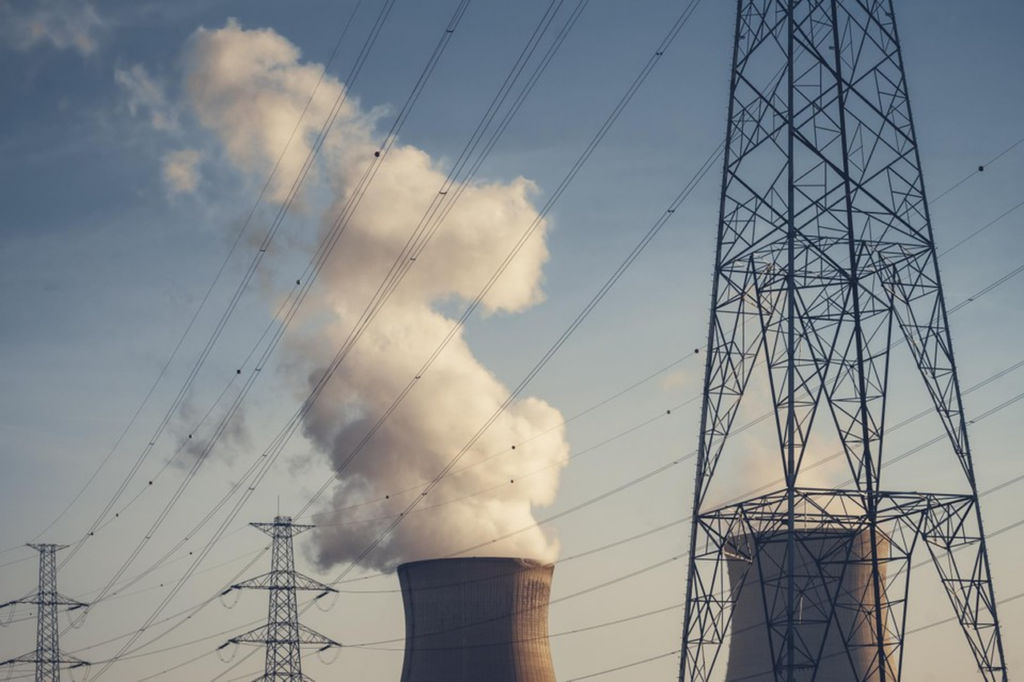Member States will commit to reducing gas usage by 15% next winter, announced the EU Council on Tuesday, whose rotating presidency is currently held by the Czech Republic.
"The EU is united in solidarity. Today’s decision clearly shows that Member States will stand tall against any Russian attempt to divide the EU by using energy supplies as a weapon, " said Jozef Síkela, Czech Minister of Industry and Trade.
The Commission last week proposed a mandatory cut of 15%, but the agreement reached on Tuesday saw this lowered to a voluntary reduction of natural gas.
The move comes after several EU countries pushed back against the Commission's proposal. Countries such as Spain and Portugal raised concerns that they do not use as much Russian gas as countries like Germany.
EU leaders gathered on Tuesday to urgently find a solution to the energy crisis after Russian energy giant Gazprom announced on Monday that it would cut gas supplies to the EU by 20%. Russia has already stopped or reduced gas flows to several Member States.
Exemptions to the rule
Tuesday's agreement will allow some Member States to request exemptions from the 15% target. The Council agreed that "Member States that are not interconnected with the gas networks of other Member States are exempt from mandatory gas reductions as they would not be able to free up significant volumes of pipeline gas to the benefit of other Member States."
In addition, countries whose electricity grids are not synchronised with the European electricity system and rely heavily on gas to produce electricity are also exempt.
Nations can request a reduction in obligations if they have limited interconnections to other Member States or if they can show that their export capacities or domestic LNG infrastructure are used to re-direct gas to other Member States – as is the case with Belgium.
Related News
- Belgium wants exemption from EU gas-saving plan
- EU Council calls for 'unity' as Russia cuts Nord Stream gas supply to 20%
Belgium is likely to make use of the latter, as the country already asked to be exempt from the EU's gas-saving plan. Belgium is a major exporter of gas but the energy crisis has pushed its export capacities to the limit.
After Tuesday's meeting, the Council may trigger a 'Union alert' if there is a risk of severe gas shortage, in case there is an exceptionally high gas demand, or if five or more Member States have declare a national shortage and ask the Commission to take action. The trigger would mean that the gas demand reduction becomes mandatory.

